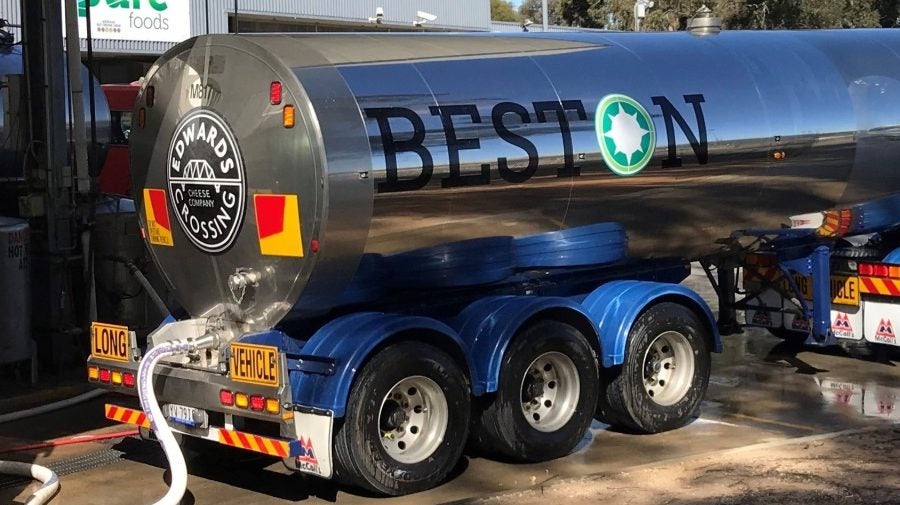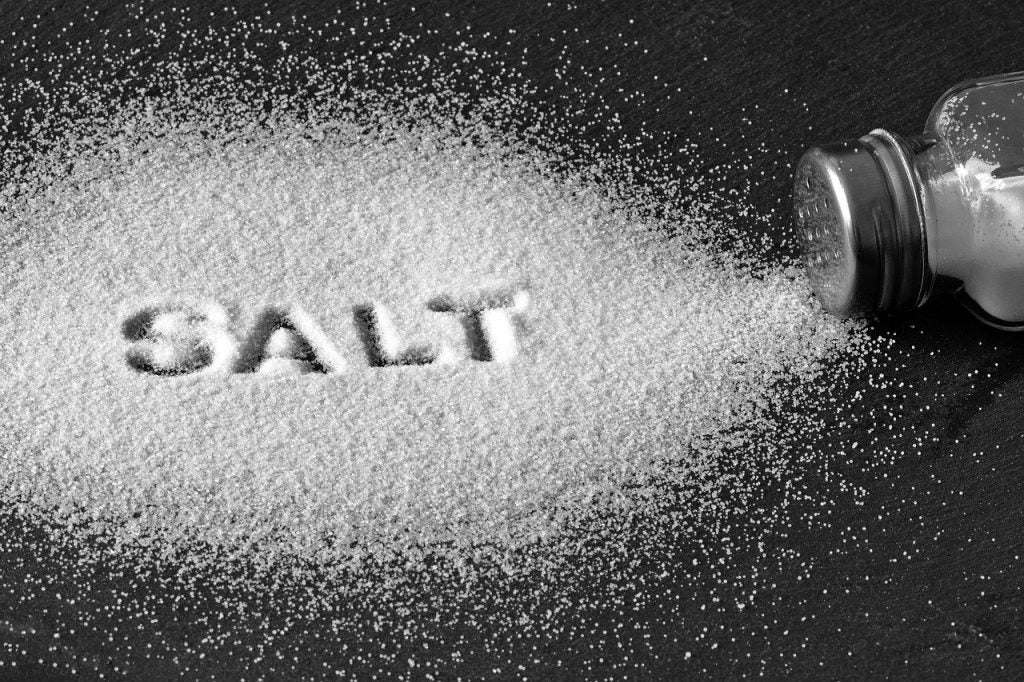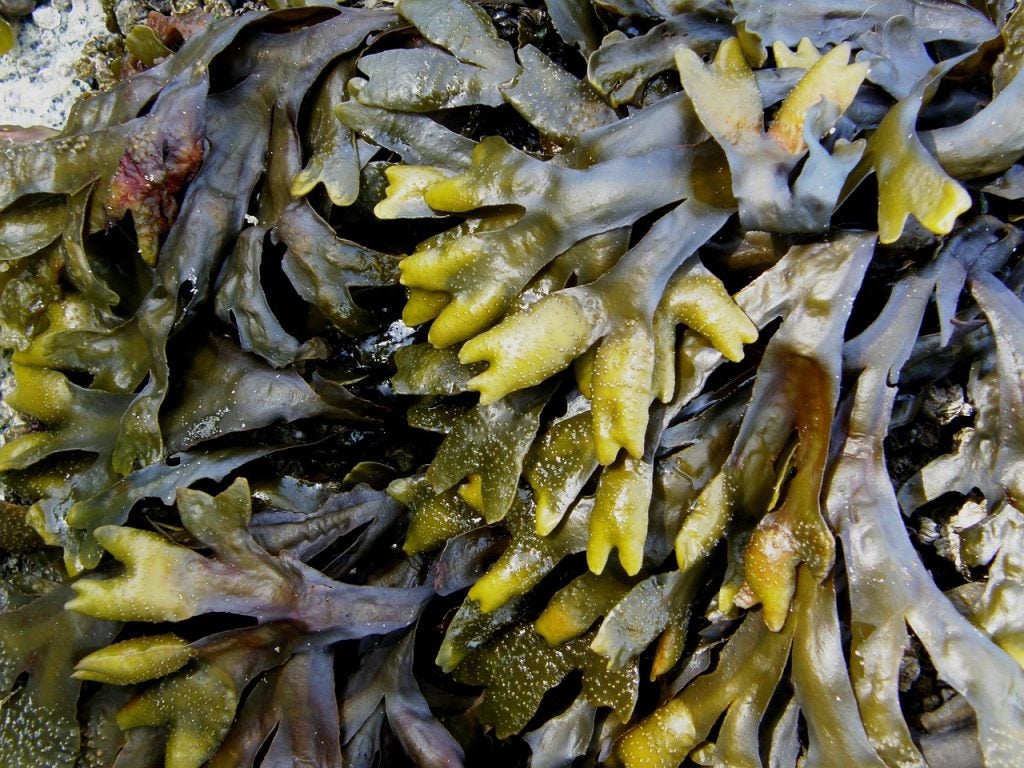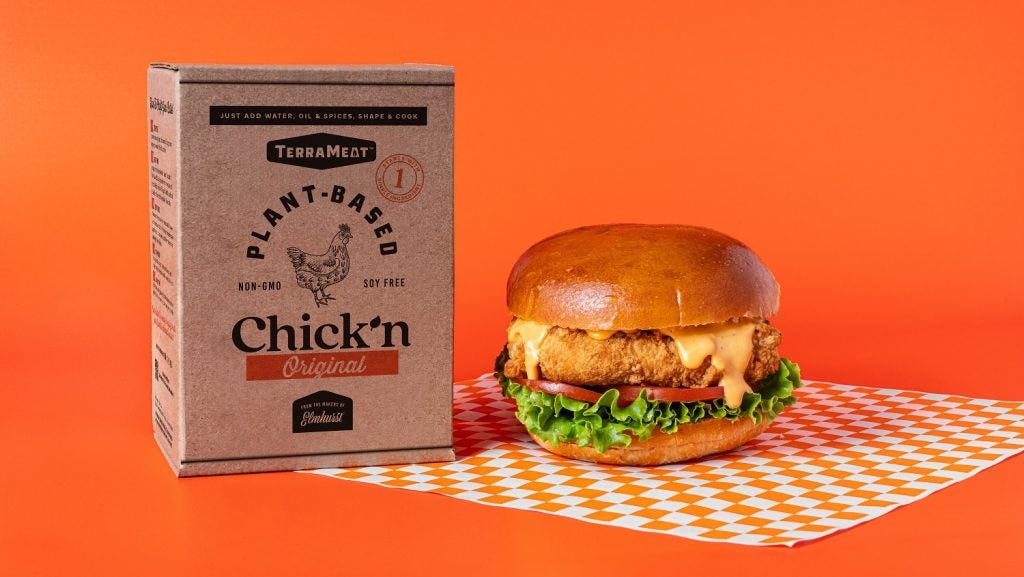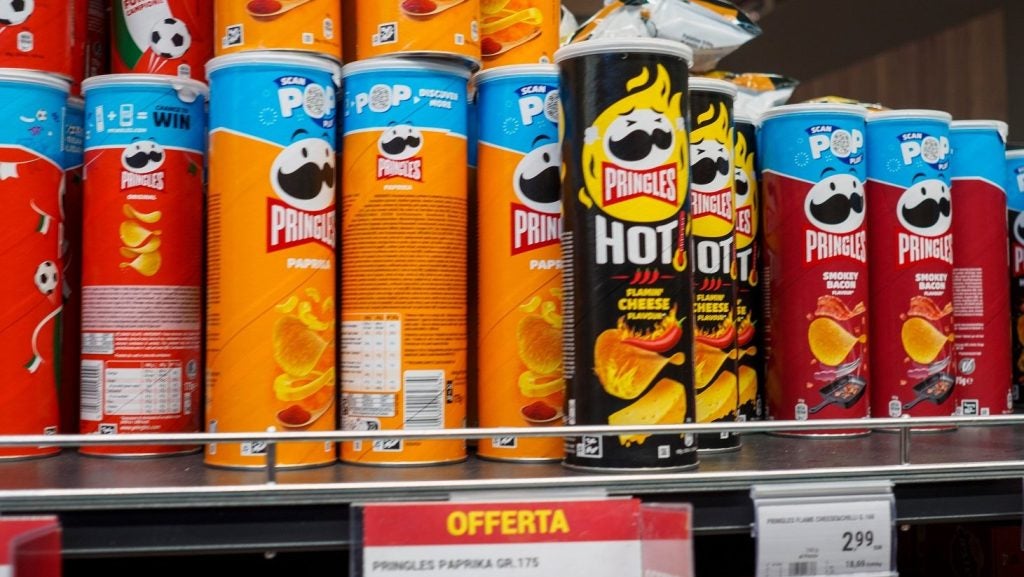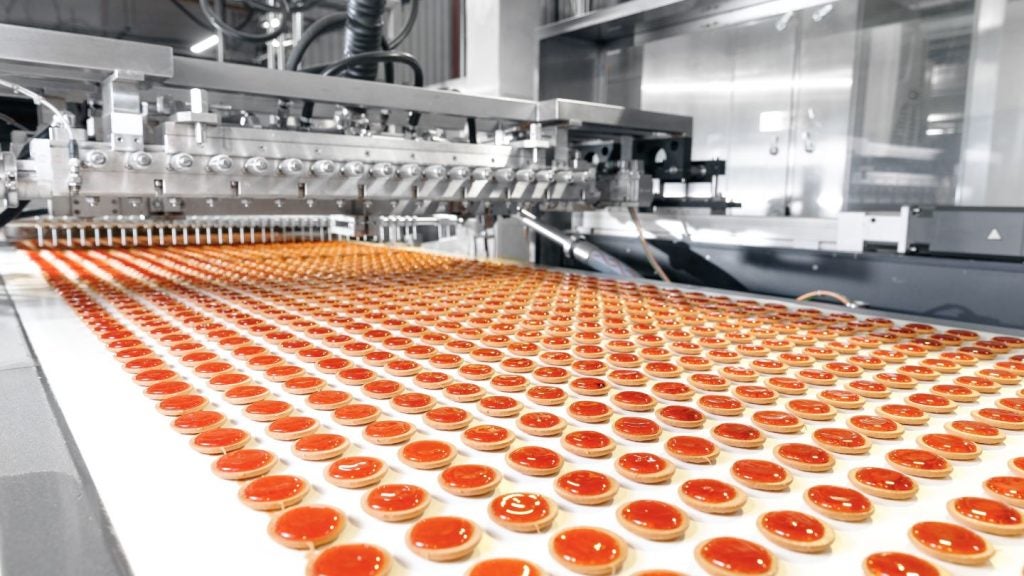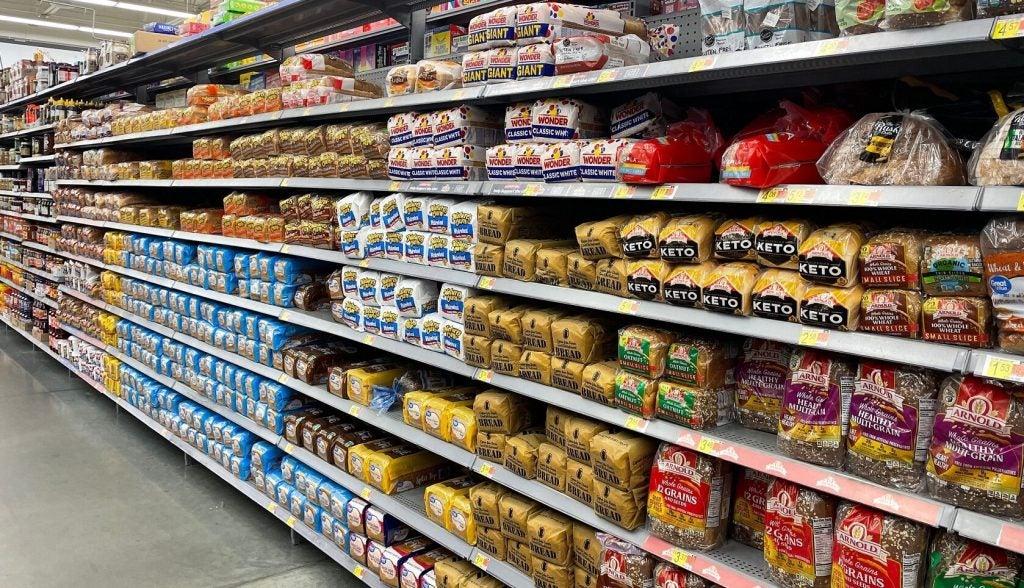Beston Global Food Co. has suggested it may be on the cusp of completing a deal for its dairy and dairy nutrition business with an unnamed party.
Following the Australian company’s July announcement that it was in talks with potential suitors on a “number of proposals”, Beston said today (16 August) that discussions have progressed whereby a deal could be struck.
“Discussions and due diligence have now progressed with a major international dairy company, which has a specialisation in dairy nutraceuticals and functional ingredients and is a globally recognised leader in this field,” Beston said in a filing with the Australian Securities Exchange.
“Beston has been advised that a binding proposal in relation to a commercial arrangement with the company will be received on or before 9 September 2024.”
However, as Beston’s shares remain suspended from trading in Australia, the company said the proposal is “not as yet in a form capable of acceptance”.
Just Food has asked Beston to clarify whether a “commercial arrangement” implies a disposal agreement.
Meanwhile, the company said it has completed the sale of meat business Provincial Food Group (PFG).
In July, the company said the subsidiary would be sold for A$4m ($2.6m) to a six-strong business consortium led by Victoria-based Milne Bay. The private group is made up of trusts and a superannuation fund “with a background in the meat-processing industry”, Beston said in last month’s filing.
Proceeds from the transaction will be used to pay down debt, Beston has previously said.
Also last month, the company said its bankers had agreed to push back debt obligation agreements from 31 July to 30 September.
It added today: “In response to the various corporate actions which have been initiated, the company has received several non-binding indicative offers in recent months around debt refinancing and equity solutions relating to Beston’s core business of dairy and dairy nutrition.”
Beston explained in July it had faced financial difficulties from a rebound in Australian milk production following the lowest output in 2023 in 30 years, putting strains on finished production capacity.
“The effect of the higher milk volumes vs expectations has also been exacerbated by the unprecedented level of dairy imports into Australia over the course of 2023 and early 2024 and the consequential competition at retail, bulk ingredients and foodservice channels,” Beston said at the time.


